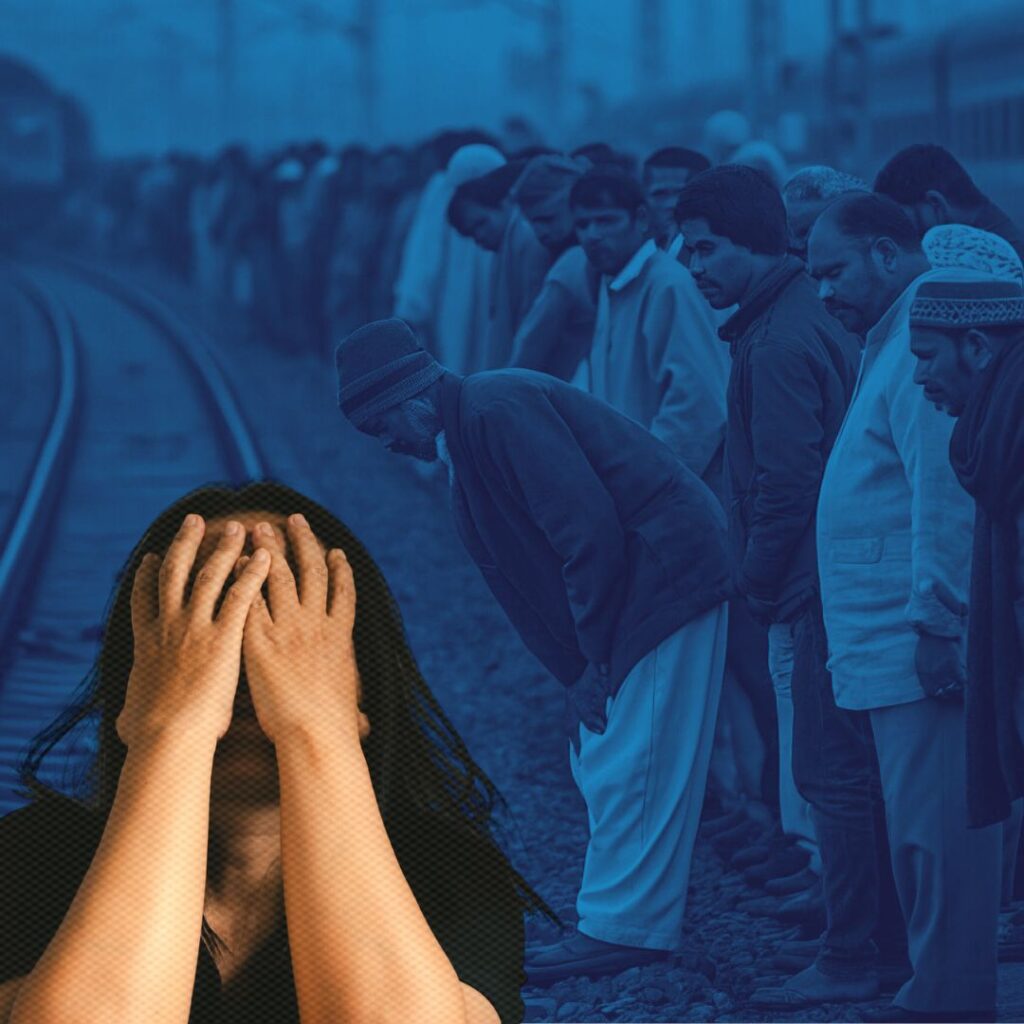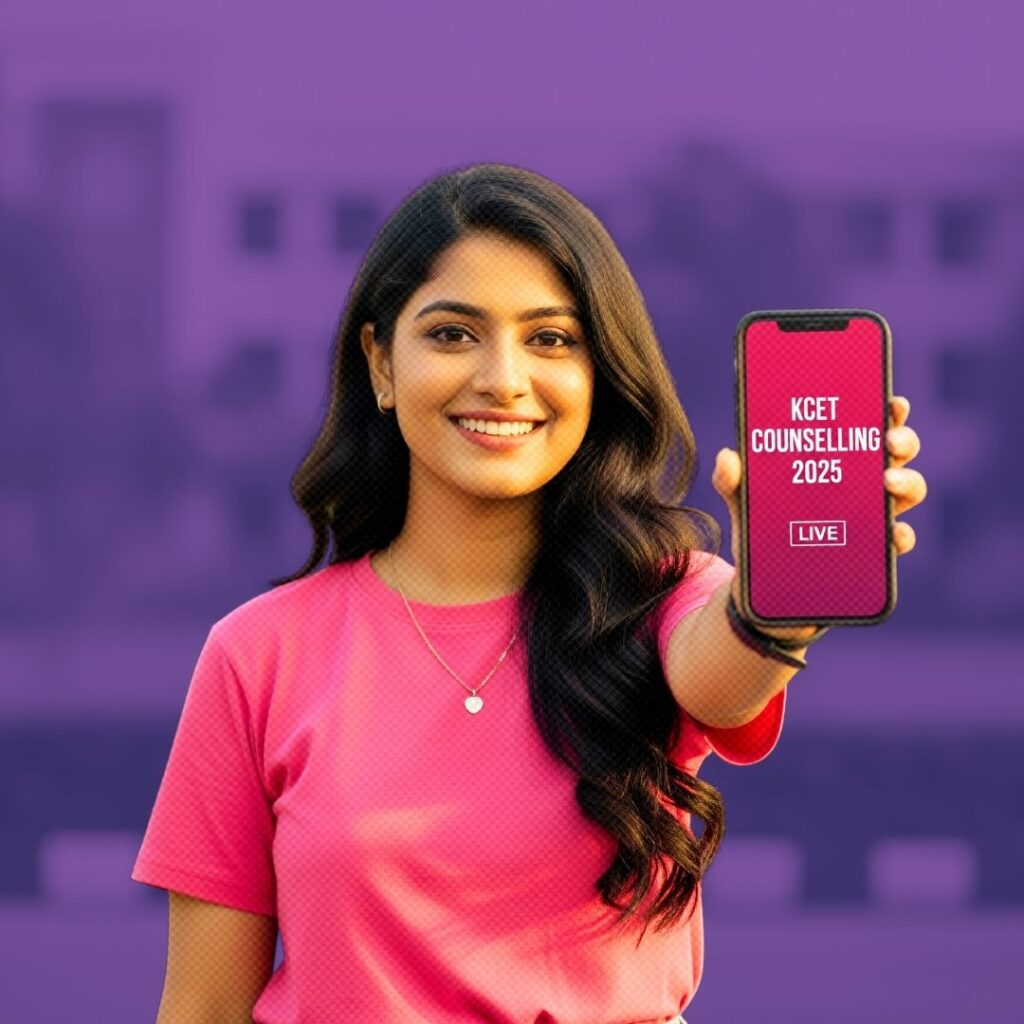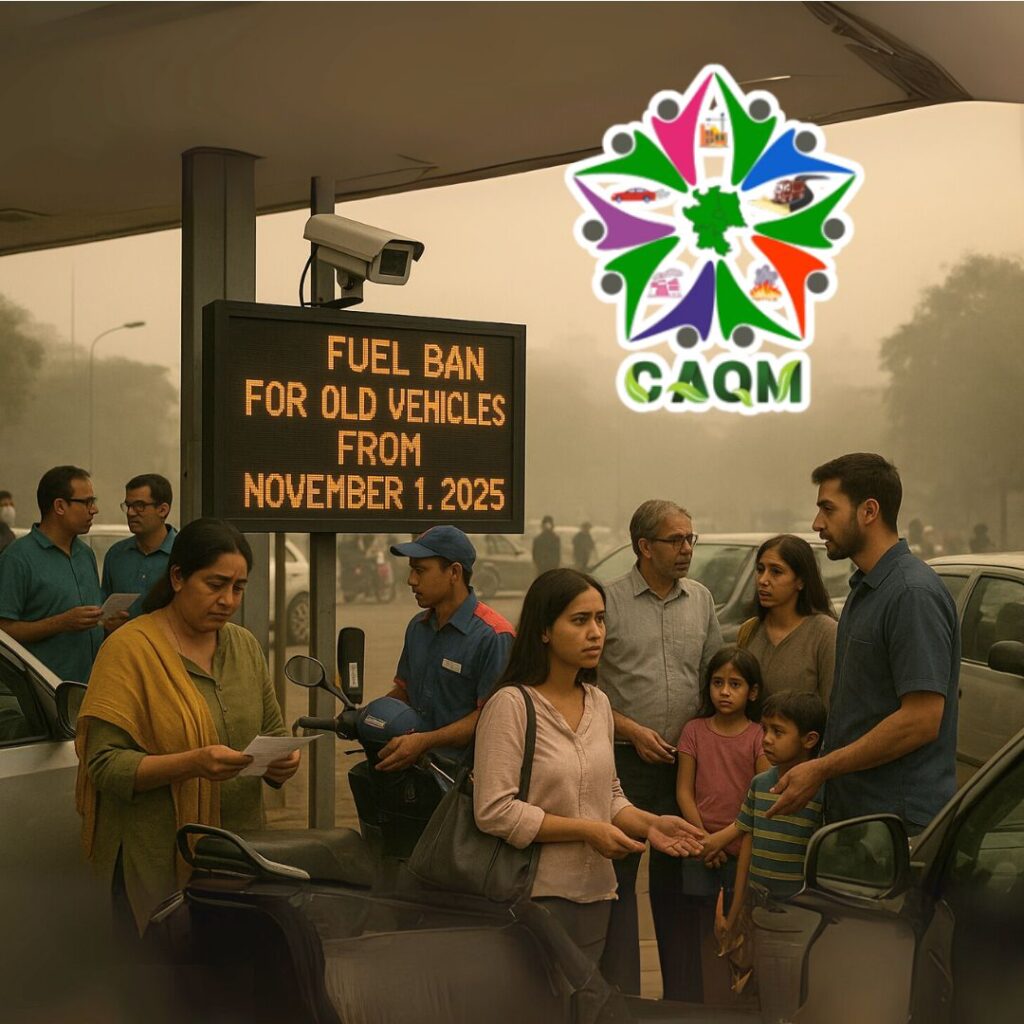The Internet and Mobile Association of India (IAMAI) and various social media organisations, at a meeting with the Election Commission on March 19 agreed to formulate a comprehensive a “Code of Ethics” for online platforms in light of the upcoming elections.
The social media code of ethics- comes into effect from today 👇🏼 pic.twitter.com/rO1R6P5Cva
— Anubhuti Vishnoi (@anubhutivishnoi) March 20, 2019
What was the outcome of the meeting?
Reportedly, the meeting was attended by officials of the IAMAI, Facebook, Whatsapp, Twitter, Google, ShareChat, TikTok and BigoTV. The meeting was held to review the steps that should be taken to report electoral rule violations ahead of the elections.
Starting March 20 right up to the end of polling on May 19, the social media platforms have agreed to pull down political adverts during the 48-hour “silence period” before polling ends. This and other rules are part of the “Code of Ethics” which social media companies in India have agreed to adhere to.
The companies along with IAMAI collectively submitted a code of ethics containing eight points to Chief Election Commissioner Sunil Arora. The Code of Ethics is a voluntary mechanism to help conduct free and transparent elections in India. At the same time, the purpose of the code is “to identify measures that participants can put in place to increase confidence in the electoral process.”
The eight-point code includes the following points:
The participants will have to deploy appropriate policies and procedures to facilitate access to information on electoral matters on their respective platforms. Social media platforms will have to undertake communication, information and education campaigns to build awareness about electoral laws. Social media platforms and the ECI have developed a mechanism whereby ECI can notify the platforms of cases of violations of the 48-hour silence period. The platforms will be given 3 hours to process the legal requests and take down such content. Creating a high priority dedicated channel to interface and exchange feedback with the ECI on such requests for content to be taken down. To provide a mechanism for political advertisers to submit a certificate of approval by the Media Certification and Monitoring Committee. To provide for transparency in paid political advertisements. This also includes utilising their pre-existing labels/ disclosure technology for such advertisements. Update the ECI on measures taken by them to prevent abuse of their platforms. IAMAI to coordinate with the participants and facilitate constant communications with the EC for the duration of the polls.
Steps like these only ensure that social media platforms, to which over one-third of India’s 1.3 billion population has access to, is not misused.
Also Read: Refrain From Using Places Of Worship For Campaign Propaganda: EC To Political Parties











